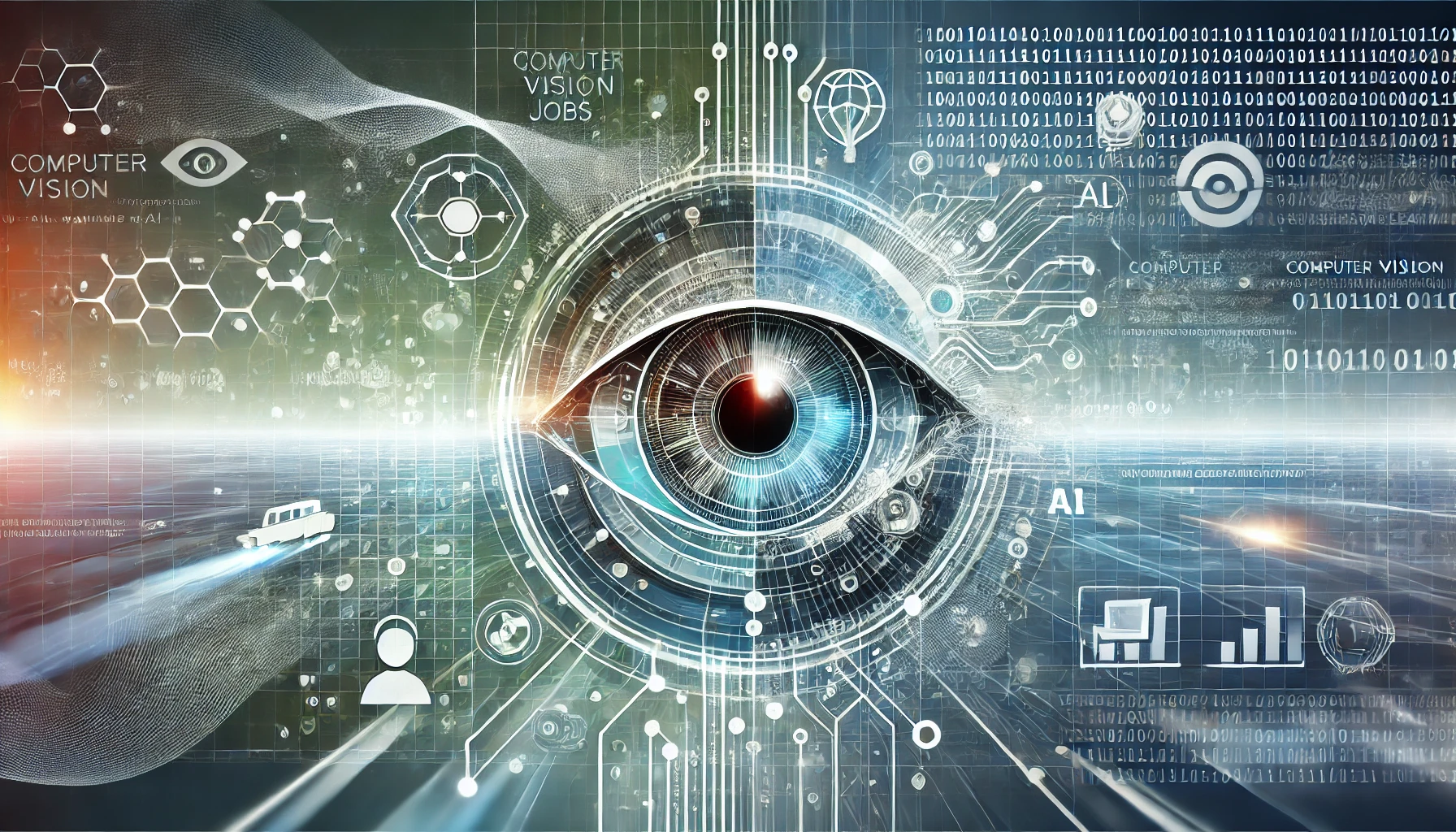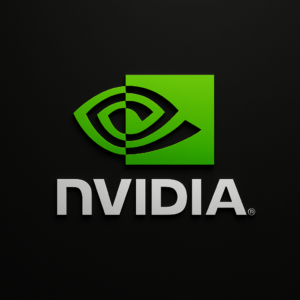
What Are Some Computer Vision Jobs?
Computer vision is a rapidly growing field within artificial intelligence (AI) and machine learning, offering a wide range of job opportunities. As companies increasingly rely on computer vision technologies to solve complex problems and enhance user experiences, the demand for skilled professionals in this domain continues to rise. Here’s a look at some of the top computer vision jobs that are shaping the future of AI.
1. Computer Vision Engineer
Computer vision engineers develop algorithms and models that enable machines to interpret and process visual data. They work on tasks such as image recognition, object detection, and video analysis. This role typically requires expertise in programming languages like Python, C++, and deep learning frameworks such as TensorFlow and PyTorch.
Key Responsibilities:
- Designing and implementing computer vision algorithms.
- Developing models for image and video processing.
- Collaborating with software engineers to integrate computer vision systems.
Skills Required:
- Strong programming skills.
- Experience with deep learning frameworks.
- Knowledge of image processing techniques.
2. Data Scientist
Data scientists working in computer vision analyze large datasets of images and videos to extract meaningful insights. They use machine learning techniques to build models that can predict and classify visual data, contributing to various applications like autonomous vehicles, facial recognition, and medical imaging.
Key Responsibilities:
- Analyzing and interpreting complex datasets.
- Building predictive models for visual data.
- Collaborating with AI teams to implement computer vision solutions.
Skills Required:
- Proficiency in statistical analysis and machine learning.
- Experience with data visualization tools.
- Strong knowledge of computer vision algorithms.
3. AI Specialist
AI specialists in computer vision focus on developing intelligent systems that can perceive, learn, and act based on visual information. They work on projects involving robotics, surveillance systems, and augmented reality, leveraging AI to enhance computer vision capabilities.
Key Responsibilities:
- Designing AI-driven computer vision applications.
- Implementing machine learning models for visual perception.
- Experimenting with new AI techniques to improve system performance.
Skills Required:
- Expertise in AI and machine learning.
- Strong problem-solving abilities.
- Knowledge of neural networks and deep learning.
4. Computer Vision Researcher
Researchers in computer vision contribute to advancing the field by exploring new methodologies, algorithms, and applications. They often work in academia or R&D departments of tech companies, publishing their findings and contributing to the development of cutting-edge computer vision technologies.
Key Responsibilities:
- Conducting research on computer vision algorithms.
- Publishing papers in scientific journals.
- Collaborating with industry experts on innovative projects.
Skills Required:
- Advanced knowledge of computer vision techniques.
- Strong analytical and research skills.
- Experience with scientific programming and data analysis.
5. Deep Learning Engineer
Deep learning engineers specializing in computer vision design and implement neural networks that can process and analyze visual data. They work on projects like self-driving cars, facial recognition systems, and video surveillance, using deep learning to enhance the accuracy and efficiency of computer vision models.
Key Responsibilities:
- Developing deep learning models for visual data analysis.
- Training and fine-tuning neural networks.
- Optimizing models for real-time applications.
Skills Required:
- Proficiency in deep learning frameworks.
- Strong understanding of neural network architectures.
- Experience with large-scale data processing.
The field of computer vision offers a diverse range of job opportunities, each requiring a unique set of skills and expertise. Whether you’re interested in engineering, data science, AI, or research, there’s a computer vision role that can match your career aspirations. As the demand for computer vision technologies continues to grow, now is the perfect time to explore these exciting career paths.


